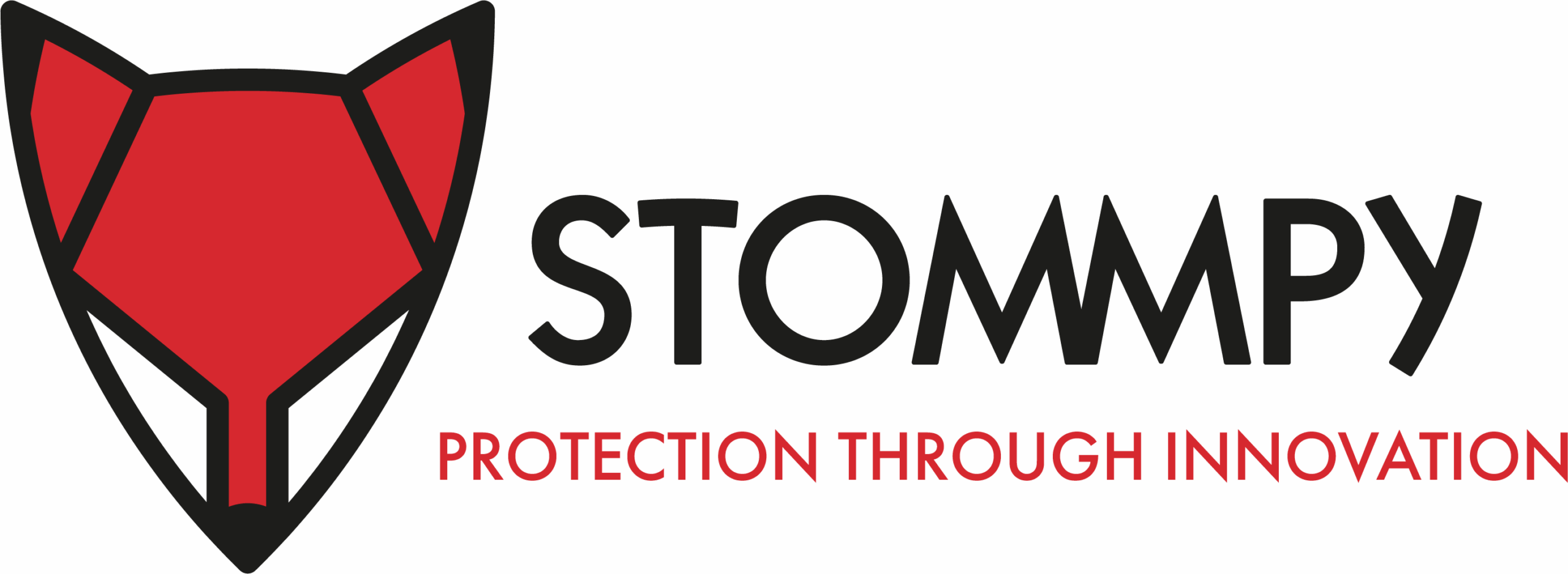
Safe to Grow. How workplace safety impacts the business of virtuous companies.
At all levels and in many production sectors, small, medium and large companies have included among their strategic assets the enhancement of the "human component" of business, following the assumption thatthe quality of work is a direct function of the quality of life of those who work.
OCCUPATIONAL SAFETY: EVOLUTION OF A VALUE
In this regard, one of the factors that contribute to shaping the quality of work is undoubtedly safety in the company and in working environments, an indicator also identified by Istat for the statistical measurements of BES (Fair and Sustainable Wellbeing).
This very important aspect in recent times has undergone an evolutionary process inspired, in different ways and in different aspects, by a high and absolute principle: caring for and valuing people.
While until some 20 years ago, in fact, occupational safety was regarded--by entrepreneurs and employees--as a mere legal obligation to be adhered to, today it has in many cases achieved its natural status as an ethical value and strategic driver of business management.
Many examples testify to this evolution, from the use of Personal Protective Devices-now an established procedure and applied on a very large scale-to safety procedures and standards and related refresher courses, to the incentive bonuses that many companies have adopted to reduce accidents and injuries in the workplace and-at the opposite end-of the spectrum-to the economic penalties imposed by INPS and the image damage in the eyes of stakeholders.
INVESTING IN SAFETY: A PRINCIPLE THAT GENERATES VALUE
The described evolution demonstrates what has now become a paramount organizational orientation for many virtuous companies: safety as a fundamental business driver.
In experience after experience, the validity of this approach has been handily verified through the real benefits of a proper attitude to investing and operating safely: the proven index of increased production efficiency, the tangible positive effects on economic performance, and the impact on the entire quality of work and business life.
According to studies by the European Agency for Safety and Health at Work, for every euro invested there is an economic return of 2.2 euros, and the cost-benefit ratio related to improved safety and health is positive.
This is confirmed by the fact that companies that decide to invest in safety for the first time usually extend and apply the investments to all their workspaces, even to the point of making accident and injury prevention a principle of organization and environment design.
BRAND REPUTATION: SECURITY AS A CORPORATE ASSET
Then there is a direct thread linking corporate workplace safety policies to the reputation a company enjoys-or not-in markets and among stakeholders.
Beyond the immediate physical and economic damage that a work-related injury or accident does to workers and companies, in the medium to long term, any failure to comply with safety procedures and regulations also has a highly negative impact in terms of image and externally perceived value: brand reputation damage, in fact.
This is as true as the opposite effect is true. Attention to people, investment in occupational safety, and voluntary compliance with and exceeding regulations dictated by law are in fact factors that contribute to the definition of a precise and rewarding corporate positioning.
Companies that make safety a clear and proven banner can enjoy a competitive advantage in terms of:
- Attraction & retention of new talent, employees and contractors
- Strengthening and soundness of production capacity
- Creation of reassuring and motivating work environments
- cohesion with stakeholders
- Improving efficiency in business management
- Communicability of a high ethical profile and social responsibility
STOMMPY: AN INTERLOCUTOR FOR WORKPLACE ACCIDENT PREVENTION
Against this backdrop of a virtuous increase in awareness of safety issues, the women and men of STOMMPY are finding every day in client companies an increasingly attentive listening to the experience that-as an industry player-the company can convey; which makes it easier and more effective to tune in and dialogue about solutions to the problems that are submitted by clients.
A confrontation, this one, that has always been based on sharing the criteria for calculating and choosing the most suitable shock protection systems for the client; a dialogue that contributes to acculturate the client and the market in security and to make every investment more conscious, safe and profitable.
Once the installation of impact safety barriers has been carried out, STOMMPY's relationship with customers improves even further as the resulting benefits become tangible and measurable, such as:
- The drastic reduction of maintenance costs to infrastructure and machinery
- The increased sense of safety for operators in areas of promiscuity with freight handling trucks
- The increased efficiency in preventing accidents due to the high visibility of the impact protectors.
In these our times, when the feeling of personal safety has been so drastically undermined by the health emergency, the commitment of companies to the protection of the safety of those who find refuge, prospects and comfort in work stands out as even more indispensable.
Today more than ever, therefore, investing in security means activating two levels of protection: the first concerns people, their personal safety, and the second concerns business, since the ability to continue to grow in the future depends on its safe execution.




